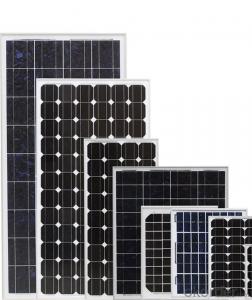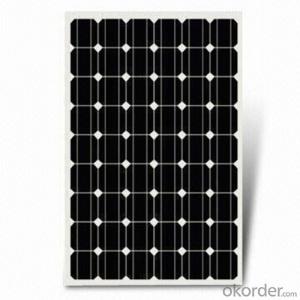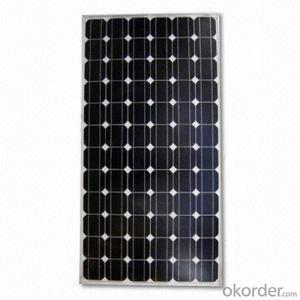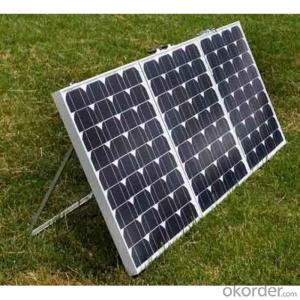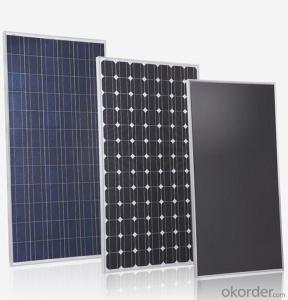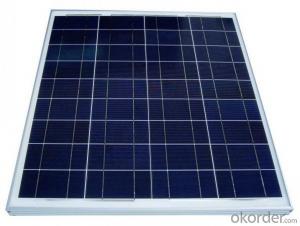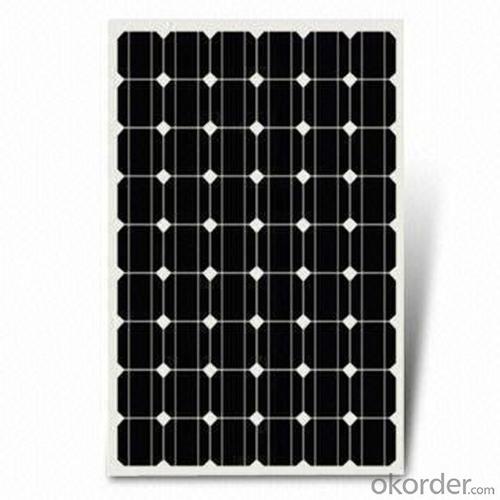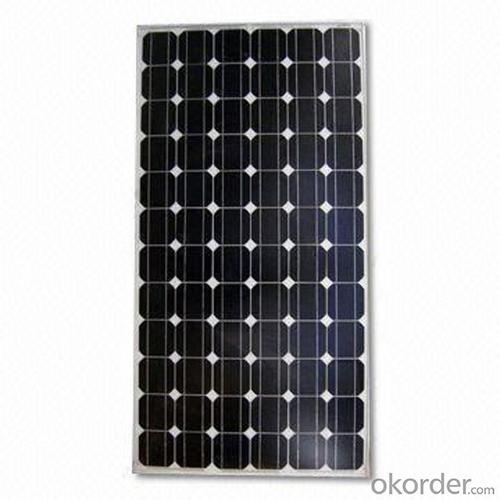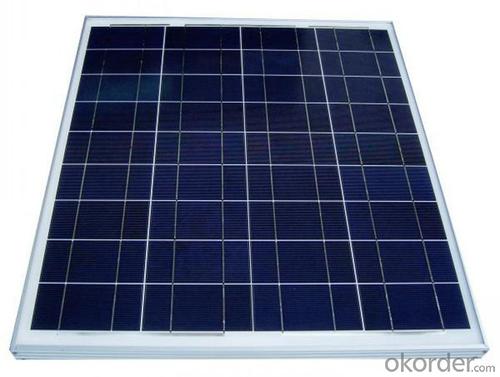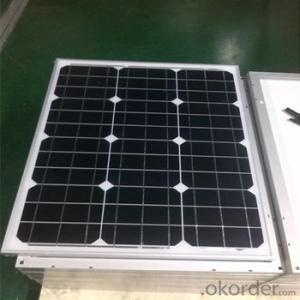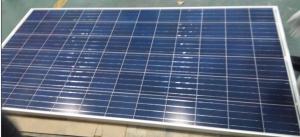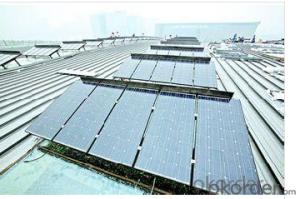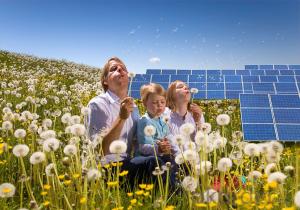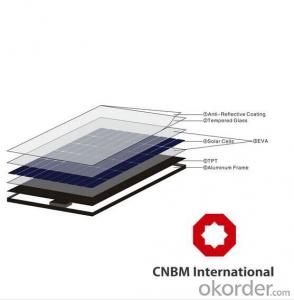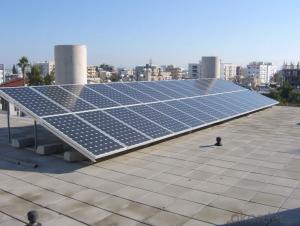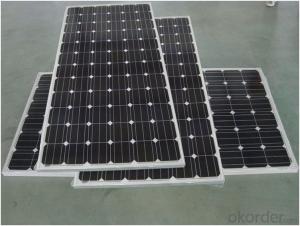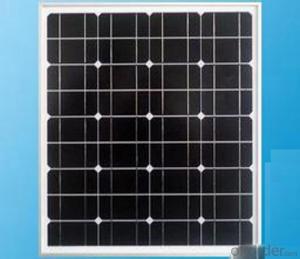Solar Panels Pittsburgh 36v Monocrystalline Solar Panel 190w with TUV Certificate
- Loading Port:
- China main port
- Payment Terms:
- TT OR LC
- Min Order Qty:
- 4940 watt
- Supply Capability:
- 2000000 watt/month
OKorder Service Pledge
OKorder Financial Service
You Might Also Like
36V Mono Solar Panel 190W with TUV Certificate
Features for monocrystalline solar panel :
1. Max Power Poly Solar Panel 310W and Mono Solar Panel 335W ;
2. Type of Connector : Compatiable Type MC4 ;
3. No. of Draining Holes in Frame : 16
4. High Transmission ,Low Iron and 3.2mm Tempered Glass ;
5. EVA Encapsuiation ;
6. White Tedlar Back side ;
7. IP65 Rated Junction Box ;
8.Clear Anodized Aluminum Alloy Type 6063T5 Frame ;
monocrystalline solar panel picture :
Quality and Safety for monocrystalline solar panel :
1. ndustry leading power output warranty, 25 year 80%, 10 year 90% power warranty and 10 year product warranty
2. ISO9001:2008 (Quality Management system) certified factory
3.Product Quality warranty & products Liability Insurance to guarantee and user' benefits
Picture details for monocrystalline solar panel :
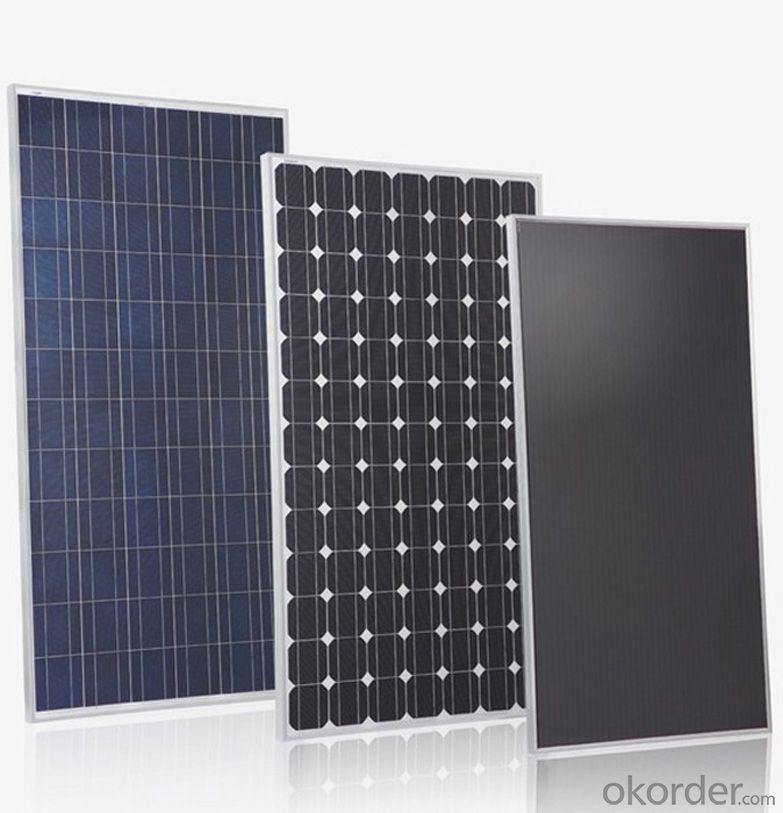
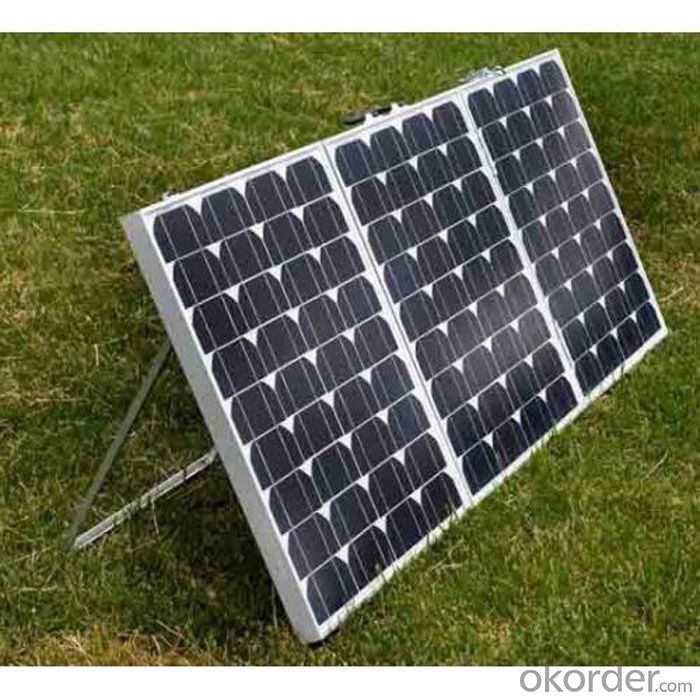
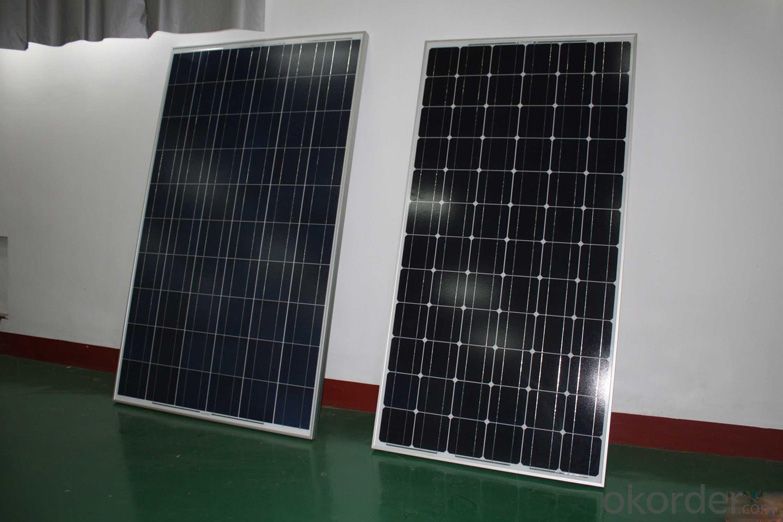
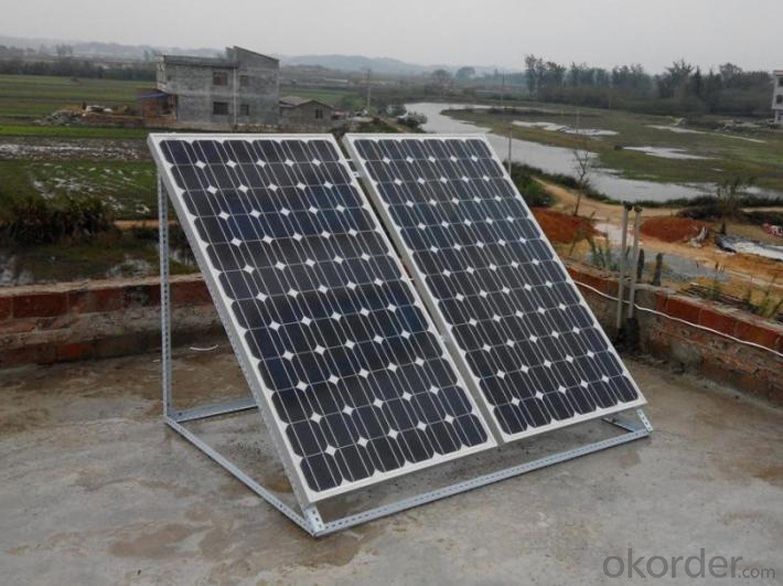
Packaging & Shipping
Packageing Configuration : 26pcs / Box
Quantity Pallet : 1 box / Pallet
Loading Capacity : 812pcs/ 40'HQ
FAQ:
①what price for each watt?
it depends on the quantity, delivery date and payment terms,
②what is your size for each module? can you tell me the parameter of your module?
we have different series of panels in different output, both c-si and a-si. please take the specification sheet for your reference.
③Can you provide the peripheral products of the solar panels, such as the battery, controller, and inverter? If so, can you tell me how do they match each other?
Yes, we can, we have two companies for solar region, one is CNBM International, the other is CNBM engineering Co.
We can provide you not only the solar module but also Solar Cells, the off grid solar system, we can also provide you service with on grid plant.
④What is your warranty system?
Our product performance guarantees for 25 years
• 12 years guarantee for workmanship
• Timeliness of delivery
• Quality Products certified (TÜV, UL, CE, ISO)
⑥ Can you do OEM for us?
Yes, we can.
- Q: Do solar panels require maintenance?
- Yes, solar panels do require some maintenance. Regular cleaning to remove dirt and debris is necessary to ensure optimal performance. Additionally, checking for any signs of damage, such as cracks or loose connections, is important. Routine inspections and occasional repairs or replacements may be needed to keep the solar panels functioning efficiently.
- Q: Can solar panels be installed on commercial buildings?
- Yes, solar panels can be installed on commercial buildings. In fact, many businesses and organizations are increasingly opting for solar panel installations to reduce their energy costs and environmental impact. By harnessing sunlight and converting it into electricity, solar panels provide a sustainable and renewable source of power for commercial operations.
- Q: I'm a student trying to design a mounting structure for solar panels. I'm reading about passive trackers so as to track the sun for optimal energy production; but I am not fully quot;seeinghow it works. Can someone please help explain it to me, or at least send me a link(s) that could help explain it well?THANKS IN ADVANCED!! [and HAPPY HALLOWEEN!!]
- It appears to be relying upon a phase change of liquid to gas to liquid to balance the system and return it to the east in the morning.
- Q: By best I mean safest places. If I were to install them on my roof am I risking due to damage from weathering? Such as rain or snow. I don't get very high winds around here, nor any natural disasters such as hurricanes or tornadoes. Does anyone have solar panels that have been durable for a long time? Is it worth the investment?
- Solar panels have to be installed so that they face the equator, so they would have to point south in the U.S.. There are panels designed for exterior mounting and panels designed to go behind glass walls, I've even seen some that are made to replace roof shingles. You'll have to determine if they are worth it or not. Most companies that manufacture the panels rate the output based on the area in which you live. If you live in the north, payback is usually over 20 years, closer to the equator the payoff is quicker, but still a while. The question of worth is relative: are you trying to save money or help save the world? Any alternative to hydro carbon is great for the environment, but most are still very expensive.
- Q: Can solar panels be installed in areas with high wind speeds?
- Yes, solar panels can be installed in areas with high wind speeds. However, it is important to ensure that the solar panel mounting systems are designed and installed properly to withstand the strong winds. This may involve using appropriate mounting techniques, securing the panels firmly, and considering the orientation and tilt angles to minimize the impact of wind resistance.
- Q: Green issues aside, are solar panels worth it, monetarily speaking?I don't mean that my house might be worth more or any of that. All I am asking is this: if I invest in a set of solar panels, will the cost be paid back to me over time? If so, how long will it takegt;Take into account the following:. Currently I pay the electric company around $00 per month2. I use around 400 kilowats of energy per monthI realize that exact numbers are hard to come by, but any opinions are welcome.
- With tax incentives, yea it's worth it. It will take years to recoup the costs. You need to live there for a while.
- Q: What would it take to make a heater for a small solar panel. I am looking into making a heater for a livestock tank to keep ice melted. I know that heaters take alot of energy to run, but my theory is that if heated mirrors on a car can melt ice with low voltage and im sure not extreme heat (40-60 degrees) then making a heater with just high enough temperature to keep from icing over and melting ice is possible. Where do I start? I would like to use an inexpensive solar panel that will generate enough heat to keep ice from forming and melt it at the beginning of the day. How can you make such a heater and apply Ohms law so that it will function correctly, what Wattage will the pannel need to produce to generate enough heat for the heater. The device will only have to be large enough to melt a spot large enough for an animal to drink.
- Homemade okorder
- Q: Are solar panels suitable for commercial use?
- Yes, solar panels are suitable for commercial use. They offer numerous benefits such as reducing electricity costs, providing a reliable source of clean energy, and helping businesses meet sustainability goals. Additionally, advancements in technology have made solar panels more efficient and cost-effective, making them a viable option for commercial establishments of all sizes.
- Q: how the energy of load connected to solar PV measure.?Want too the basic idea about it.The role of current flowing thrugh the load?Can u explain with example..can explain simply?Im not an electrical student so explain very basics
- A solar panel is made up of solar cells. Each cell produces about 0.5 to 0.6 volts. Cells are connected in series, like the batteries in a flashlight. Enough cells are placed in series to produce the desired voltage. Cells produce very little current, so many strings of cells are connected in parallel to produce sufficient current. The output is direct current (DC), like that from a battery. A home solar system needs alternating current (AC), so an inverter is used to change from DC to AC. Some systems have batteries for backup power. In these some of the DC output is used to keep the batteries charged. Systems are measured in kilowatts. System sizes are chosen to meet the demands for electricity. My system has a 6 kilowatt (kW) rating. The true output is more like 4. Now that you know this much you can Google SOLAR SYSTEMS to learn more.
- Q: Can I use a regulator from a car to regulate the voltage from a solar panel to a battery?
- solar panels will naturally produce a certain DC voltage which is what your battery needs - the current will vary based on the sun light. You need probably 4V to have some over voltage. So based on your specs look at having at least 4 V but not too much over that (tells you how many panels you need in series) I would have blocking diodes (probably the solar cell has them built in) to insure the battery does not discharge thru the panel.
Send your message to us
Solar Panels Pittsburgh 36v Monocrystalline Solar Panel 190w with TUV Certificate
- Loading Port:
- China main port
- Payment Terms:
- TT OR LC
- Min Order Qty:
- 4940 watt
- Supply Capability:
- 2000000 watt/month
OKorder Service Pledge
OKorder Financial Service
Similar products
Hot products
Hot Searches
Related keywords
